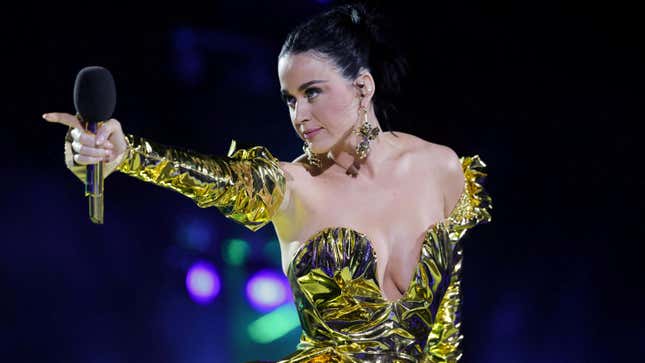
Artificial intelligence startup Anthropic is facing the heat for its use of—or rather, alleged misuse of—musical artists’ lyrics.
Yesterday (Oct. 18), Universal Music Group (UMG), together with ABKCO and Concord Publishing, filed a copyright infringement lawsuit against the startup set up in 2021 by OpenAI founders. The three major publishers alleged that Anthropic’s AI chatbot, Claude, is stealing lyrics.
One of the methods, the suit says, is specific and literal. Like when a user prompts the Claude bot to provide the lyrics to songs like Beyoncé’s “Halo” or Bruno Mars’s “Uptown Funk” “or any other number of Publishers’ musical compositions, the chatbot will provide responses that contain all or significant portions of those lyrics,” the complaint notes. It did it for Katy Perry’s “Roar,” (the rights to which are owned by Concord), Gloria Gaynor’s “I Will Survive” (a Universal track), and The Rolling Stones’ “You Can’t Always Get What You Want” (an ABKCO track), music magazine Rolling Stone reported.
But, says the suit, there’s a second, more worrisome way that Anthropic, which was founded by four former OpenAI employees in 2021, steals lyrics. And it’s more widespread.
“Anthropic’s AI models generate output containing Publishers’ lyrics even when the models are not specifically asked to do so,” the plaintiffs allege. For instance, broader prompts—write a song about the death of Buddy Holly or moving from Philadelphia to Bel Air—are causing Claude to yield results that were near-identical to existing songs—Don McLean’s “American Pie” and Will Smith’s “The Fresh Prince of Bel-Air” respectively in these two cases.
Quotable: AI isn’t immune to centuries-old copyright laws
“Although the AI technology involved in this case may be complex and cutting edge, the legal issues presented here are straightforward and long-standing. A defendant cannot reproduce, distribute, and display someone else’s copyrighted works to build its own business unless it secures permission from the rightsholder. This foundational rule of copyright law dates all the way back to the Statute of Anne in 1710, and it has been applied time and time again to numerous infringing technological developments in the centuries since. That principle does not fall away simply because a company adorns its infringement with the words ‘AI.’”
The Anthropic lawsuit, by the digits
$150,000: Statutory damages that publishers are seeking per work infringed
500: Works that have been infringed upon, listed in an accompanying document
$75 million: Minimum amount Anthropic would be eligible for under the aforementioned terms
$25: Addition in statutory damages per violation, or an amount to be determined in a trial
$4 billion: Amount Amazon pumped in to Anthropic for a minority stake at the company just last month. It joined other high-profile tech behemoth backers like Google and Zoom.
$5 billion: Anthropic’s value
A brief timeline of Universal Music Group taking on AI in music
April: UMG tells streaming platforms, including Spotify and Apple Music, to take down AI-generated song “Heart on my Sleeve” featuring fake Drake and fake The Weeknd. It also tells the services to block artificial intelligence services from scraping melodies and lyrics from songs the publisher owns the rights to.
August: UMG partners with YouTube and several artists like Rosanne Cash and Frank Sinatra to gather feedback on AI-related tools.
October: UMG and BandLab Technologies band together to focus on ethical use of AI and protect artists’ rights.